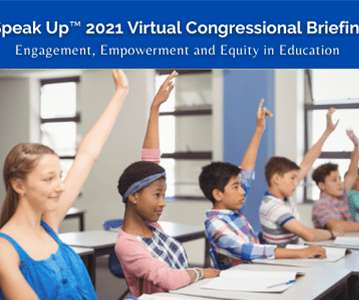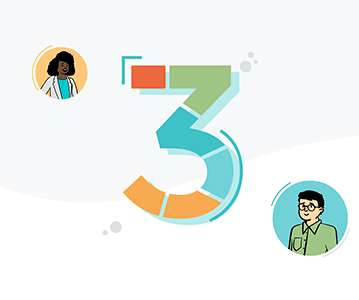5 ways to help students struggling with algebra due to learning loss
eSchool News
AUGUST 29, 2023
According to NAEP Mathematics Assessment data, eighth-graders’ algebra scores were eight points lower in 2022 than in 2019. According to the Nation’s Report Card, the average eighth-grade mathematics score was lower than all previous assessment years—going back to 2003.













































Let's personalize your content